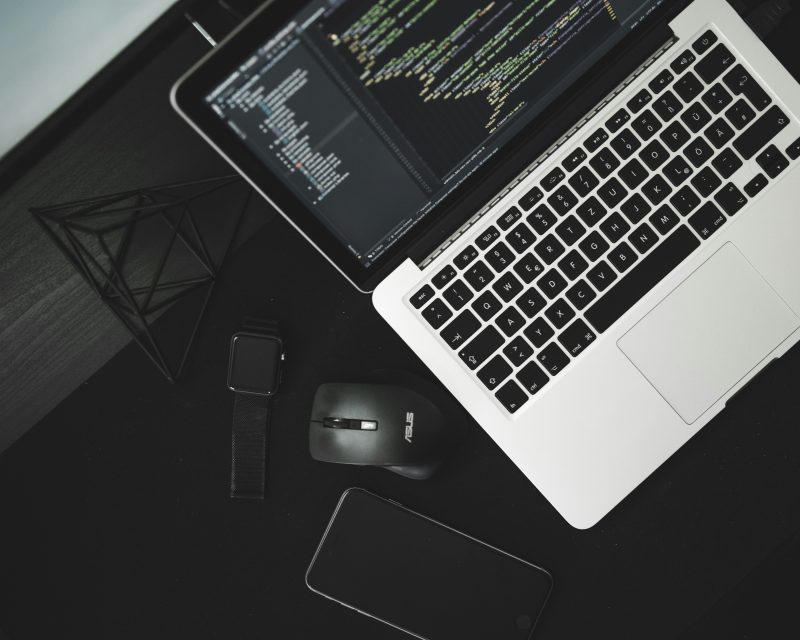The question of whether one can teach themselves to code is more relevant today than ever before. With the proliferation of online resources, coding bootcamps, and a growing community of self-taught developers, the answer is a resounding yes. However, while self-teaching coding is entirely possible, it requires a structured approach, dedication, and the right resources. Here’s a guide to understanding how you can teach yourself to code effectively.

Why Self-Teaching Coding is Possible
The digital age has democratized education. Previously, learning to code might have required a formal education in computer science or access to expensive resources. Today, the internet provides an abundance of free and paid resources, ranging from online courses and tutorials to forums and coding communities. The availability of these tools means anyone with an internet connection and determination can learn to code.
Choosing the Right Programming Language
The first step in teaching yourself to code is choosing the right programming language. This decision should be based on your interests and goals. Here are a few suggestions:
– Web Development: HTML, CSS, JavaScript.
– Mobile App Development: Swift (iOS), Kotlin (Android).
– Game Development: C++, Unity (using C#).
– Data Science and Machine Learning: Python, R.
Start with one language and gain a solid understanding before moving on to others. Python is often recommended for beginners due to its simplicity and versatility.
Utilizing Online Resources
1. Online Courses and Tutorials
Platforms like Codecademy, Coursera, Udemy, and Khan Academy offer structured courses on various programming languages and concepts. These courses often include interactive exercises that help reinforce learning.
2. Coding Bootcamps
For those who prefer a more intensive and immersive learning experience, coding bootcamps can be a great option. While many bootcamps come at a cost, they offer a comprehensive curriculum and mentorship, which can accelerate your learning process.
3. YouTube and Blogs
YouTube channels like Traversy Media, freeCodeCamp, and The Net Ninja provide video tutorials on a wide range of topics. Blogs and written tutorials can also be valuable for understanding specific concepts or troubleshooting issues.
Practice and Projects
Learning to code is a practical endeavor. It’s essential to apply what you’ve learned through consistent practice and real-world projects. Here’s how to get started:
– Coding Challenges: Websites like LeetCode, HackerRank, and CodeSignal offer coding challenges that help sharpen your problem-solving skills.
– Personal Projects: Build small projects that interest you. This could be a personal website, a to-do list app, or a simple game. These projects help solidify your understanding and provide tangible results to showcase your skills.
– Open Source Contributions: Contributing to open-source projects on GitHub can be a valuable experience. It allows you to collaborate with other developers and learn best practices in a real-world context.
Joining a Community
Being part of a coding community can provide support, feedback, and motivation. Online communities like Stack Overflow, Reddit’s r/learnprogramming, and various Discord servers are great places to ask questions, share progress, and connect with other learners.
Consistency and Patience
Teaching yourself to code requires consistent effort and patience. Set realistic goals and create a study schedule that fits your lifestyle. Celebrate small victories along the way and don’t get discouraged by setbacks. Remember, learning to code is a marathon, not a sprint.
Yes, you can teach yourself to code. With the wealth of resources available online and a structured approach, anyone can become proficient in coding. Choose the right programming language, utilize diverse resources, practice consistently, and engage with the community. With dedication and perseverance, you’ll be able to master coding and unlock new opportunities in the tech world.






